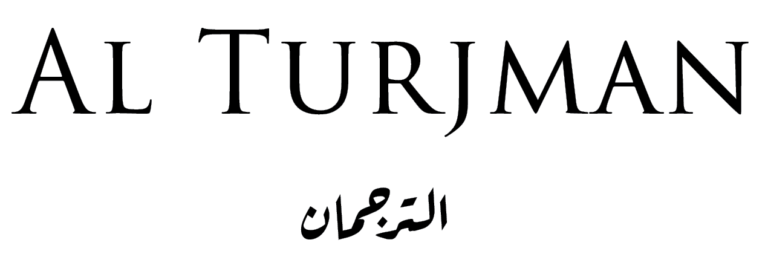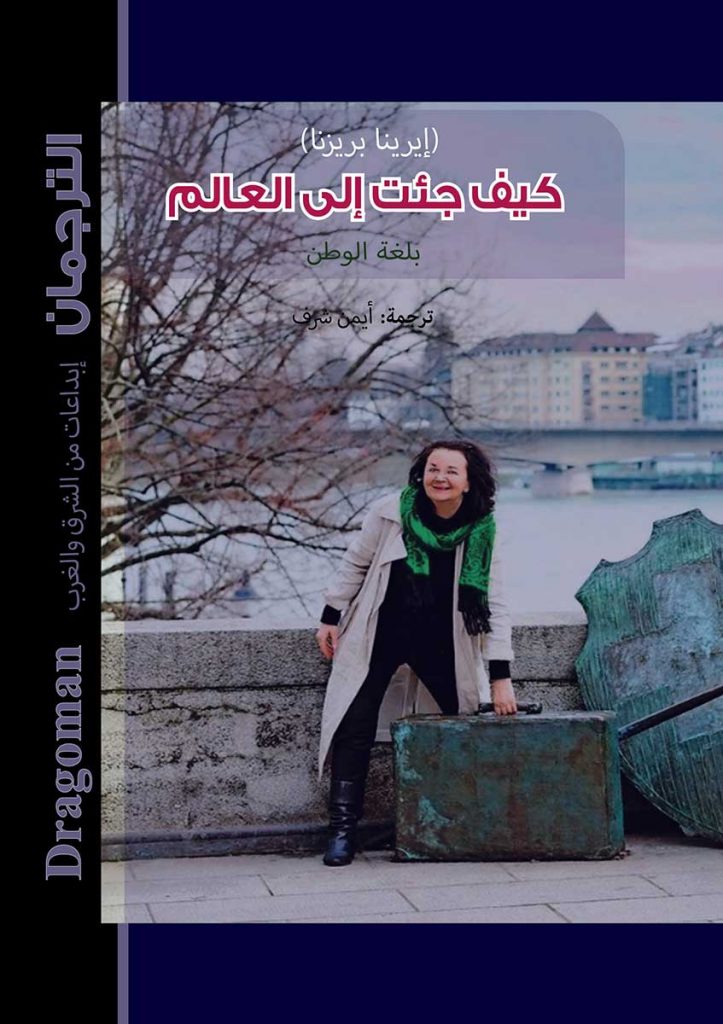By Irena Brežná
Irena Brezna tells in her book “Wie ich auf die Welt kam” about her story as an emigrant from Czechoslovakia (East Europe) to Switzerland (West Europe), describing fine cultural differences between both realms and how the process of integrating had affected the two societies.
“Think as you like, but don’t tell others about it.” Mother’s warning turned the girl Irena Brežná into a writer. Till today she considers her texts as a “rebellion against the commandment of silence and inaction”. After Prague Spring was suppressed, the eighteen-year-old girl fled from Bratislava to Switzerland in 1968. It was an important step for her. In exile she soon found refuge in the new language and discovered critical thinking. From then on, she never allowed herself to be banned from participating in public discourse, either as an immigrant or as a woman. Rather, she found her new identity. Irena Brežná is at home where she can write. Essays and reports in this book bear witness to this. They tell about Red Square, where the dissident Viktor Fainberg lost all his teeth, and about Friedrich Dürrenmatt, who was so refreshingly uncompromising, about the male world of Russian mafia, Chechen peace women and overcoming fear.
Irena Brežná is a Slovak-born Swiss writer and journalist. Following the Soviet-led invasion of Czechoslovakia in 1968 she emigrated to Switzerland, and studied Slavonic studies, philosophy and psychology at Basle University.
In addition to writing, she has been an Amnesty International activist and worked as a psychologist and an interpreter for refugees. She has been involved with and supported, a number of humanitarian projects, for example in Guinea as well as in Chechnya, where she also served as war correspondent. She writes mostly in German and has received numerous prizes in Switzerland, Germany and Slovakia for her journalism and literary work, including, in 2002, the Emma Journalist Prize, and the Theodor Wolff Prize for her war reportage from Chechnya. In 2021 the German PEN Centre awarded her the prestigious Hermann Kesten Prize for her writing and commitment to human rights. She has published several collections of essays, short stories and reportages, as well as the novels Schuppenhaut (1989, 2001, Scaly Skin) and Die beste aller Welten (2008, The Best of All Worlds). Her third novel, The Thankless Foreigner, published in 2012, received the Swiss Literature Prize and has been translated into English, Slovak, French, Italian, Russian, Macedonian, Czech, Hungarian, Hindi and Swedish.


